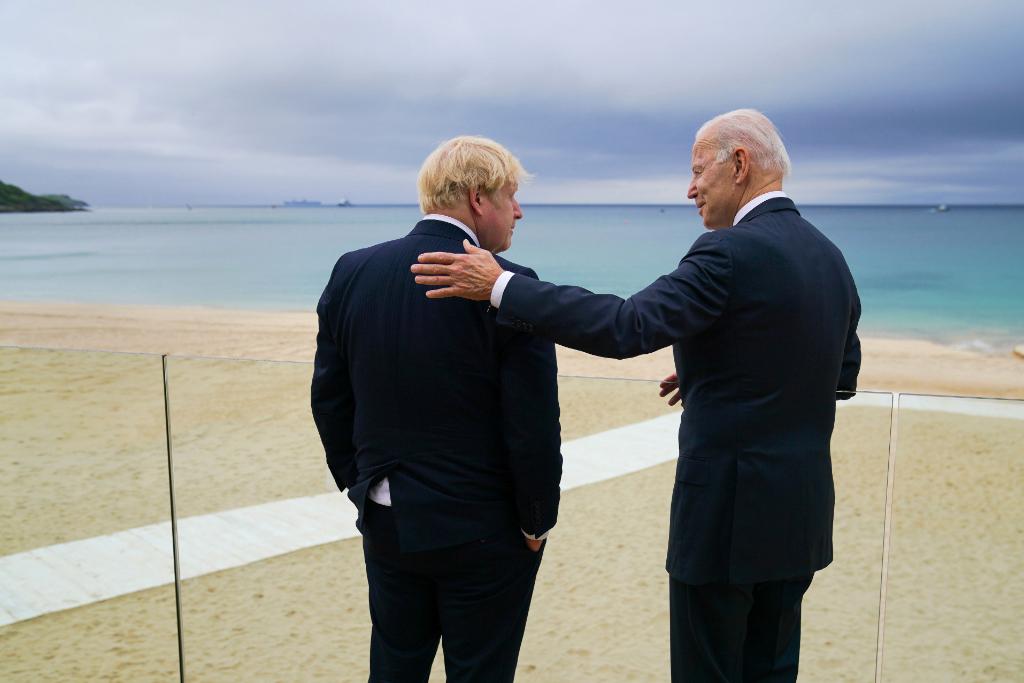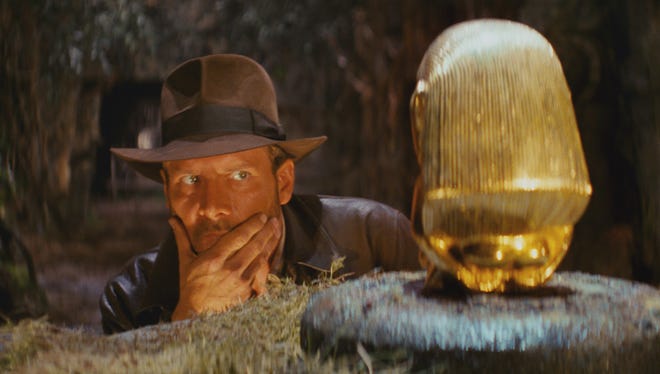
I’m fed up.
I’m sick and tired of the trotted out narrative.
Talk again of £10000 payments to people to work in disadvantaged areas.
Head of Ofsted doubling down that the system isn’t biased but is jut ‘fair’ when it looks at disadvantaged schools, even though significantly more disadvantaged schools are in category.
The ongoing narrative that teachers who work in disadvantaged schools are somehow worse teachers is an utter fallacy. Equally, if you are a school in a disadvantaged area, you know the challenges you have to overcome to even get to the start-line.
Not sure where this blog is going, think it will probably be a waffle that may or may not get to a point.
Let me clarify. I’ve spent most of my career working in schools with significant disadvantage. I haven’t worked in those schools because of some misguided hero complex about helping the poor people.
My first job came about after a desperate look for a position, I sent out scattershot applications to schools on Teesside to try and get my first job (I’m not from the North East, I’d never been to the North East.) The reason wasn’t some evangelical mission to help the poor northerners, it wasn’t a quest to give back to society, it was a simple fact that a girl I had just started seeing at Leicester University had got a job in Stockton on Tees. (we’re still together 28 later with two grown up boys)
If I’m honest I knew little about the area or the school where I started my career. The school (Marton Grove) was in the middle of the Grove Hill council estate in Middlesbrough. For a southern quite naive lad lad this was quite an eye-opener. I got my first true understanding the impact of poverty and deprivation can have on children. The teaching staff were amazing, truly committed and passionate but what was most amazing was the sense of community and how the school was valued. The head, Mr Gent, was a great head, he believed in the power of great teachers and teaching and created a school where that could happen. I was there four years and genuinely I couldn’t have asked for a better start to my teaching career. It was hard, there were challenges but what got us through was the amazing sense of team.
After four years an opportunity came up and I moved to a school that had just gone into special measures. It wasn’t because I was a special teacher, more that the school was desperate and I fancied a change. Archibald Primary School is a school that will be forever in my heart. It was situated in a hugely deprived area of Middlesbrough between the Whinny Banks (Whinny Bronx) and the Newport estates. My first day driving into school I saw two children driving a milk float down the street being chased by a rather overweight milkman. 25 minutes later those two children walked into my Year 4 class. The school wasn’t in a great place. The class I had, had had twenty-seven different teachers in the past two terms, not one had stuck it out. If I’m honest the first three months were nightmarish, the new head was getting things in place but things take time to bed in. I had some truly terrible days, I had to evacuate the class on more than one occasion. Each day though I’d walk back in the class and try again, slowly, little by little things improved, not because of great teaching but mainly due to the fact I just kept coming back. The most important thing I bought to the job was a stubborn pig-headedness. What made a difference was the children began to trust me, we became a little tribe. I took that class on into year 5 and then on again into year 6.
Did they need me to be a great teacher?…not particularly. Did they need me to be their teacher?…absolutely yes.
At the end of year 6 the children did pretty well in their SATS (we were the 5th most improved school in the country,,,its much easier to improve when previous results were rubbish). I was there for seven years and they were utterly joyous. The staff team were amazing, I have never laughed so much in a job as I did there or been in a staffroom that has sworn as much. We had each others backs, we were a team. The teachers were amazing, teaching was a small part of the job, the care for the young people in the school was extraordinary. I was there 7 years at the end of that time the school got an outstanding Ofsted report. A group of teachers never deserved it more. Were we great teachers, well some were, but what made the difference is that everyone of them was ‘bothered’
Fast forward 14 years to my current school. I’ve been there 7 years. I feel we have that team in school. Big difference is they are much better teachers than I ever was. As a school we are in a good place. The past year has demanded so much more than teaching and this wonderful group of people let no-one down. They truly are bothered.
The school has moved from RI to good and then another good. Did the school need ‘outstanding’ teachers flown in? No. Did we need teachers with a disadvantaged saviour complex. No.
In fact apart from a couple of retirements this is the same group of teachers. They all are people that are committed to the school and give a stuff about the community and the families of our school. Parent’s trust them, parents listen to them. In our community a lot of that comes from the understanding that you are genuinely bothered.
I think my point is, schools in disadvantaged areas probably don’t need mega teachers bused in. I’d pretty much guess, most of them have a lot of the teachers they need, teachers that are bothered, teachers that are there for the right reasons, teachers who are there because they are bothered.
In all the schools I’ve worked in what I’ve seen make the difference is great leadership, ultimately brave leadership that creates an environment and culture where the teachers are valued and can do their job. Does Ofsted help that happen?. In my experience…No.
Personally, I see many prospective leaders shy away from those schools, due to the systemic pressures. (it truly is a Catch 22) and sometimes the leaders who step up are not the leaders the schools needs. They are about them and their reputation rather than the school and I’ve seen this destroy a school more than once.
Teachers in disadvantaged schools are not worse teachers, in fact I’d go as far as to say they are often, extraordinary and utterly amazing. What is needed is a system that supports those teachers rather than the constant denigration of them. The narrative needs to change, we need to appreciate the brilliance we have in our most challenging schools rather than constantly sticking the boot in and chipping away at how they see and value themselves.











